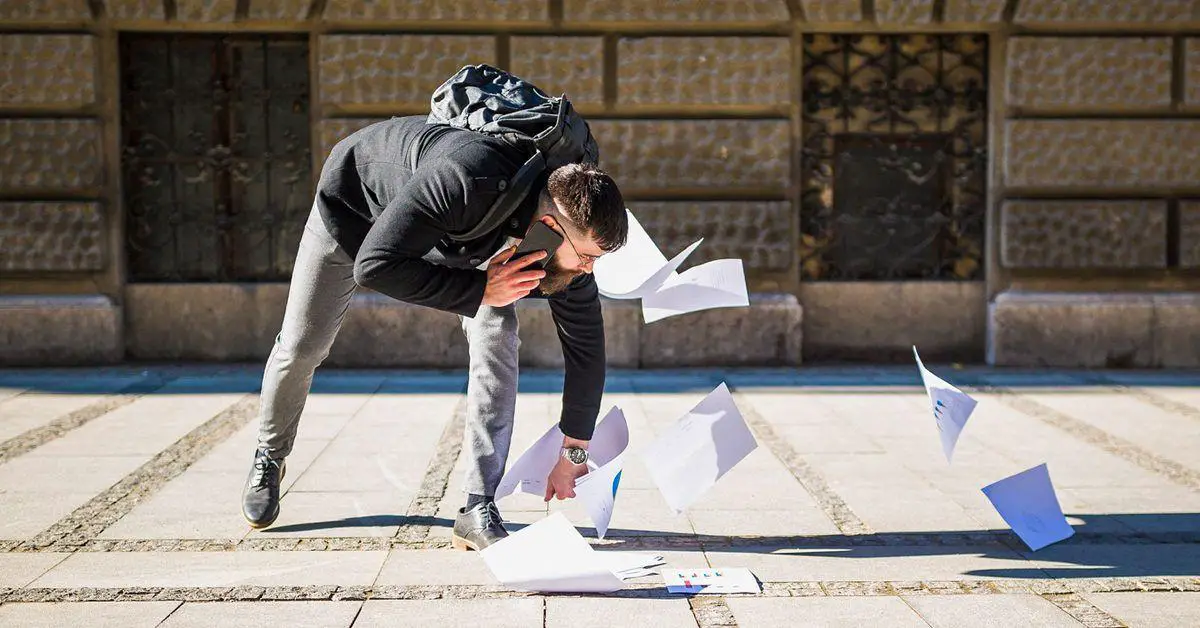Welcome to the Adventures of Clumsy Gloria!
In a world where spills and slips are just around the corner, one lovable mischief-maker is always ready to trip, tumble, and turn any ordinary day into an extraordinary adventure! Meet Clumsy Gloria, a cheerful, energetic, and delightfully accident-prone young explorer who can’t seem to stay on two feet (or avoid getting her hair tangled in the most peculiar places!).
With a giggle and a grin, Clumsy Gloria stumbles her way through everyday situations, learning valuable lessons and making unforgettable memories along the way. Join Gloria on her thrilling escapades as she discovers that mistakes are an essential part of growing, learning, and having the most wonderful time!
Get ready to laugh, learn, and fall in love with Clumsy Gloria’s charming and spirited personality, as she takes you on a fun-filled rollercoaster ride of friendship, self-discovery, and learning to laugh at yourself. Who knows what excitement (and occasional mess) Gloria’s next adventure will bring?
Dealing with Frustration
Frustration can be a challenging and overwhelming emotion to manage, especially when it seems like everything is going wrong. It’s easy to get bogged down in negative thoughts and feelings, but there are some strategies that can help. Some of the most effective ways to deal with frustration include:
- Taking a break: Sometimes, stepping away from a situation can help you clear your head and come back with a fresh perspective.
- Practicing relaxation techniques: Activities like deep breathing, progressive muscle relaxation, and meditation can help calm your body and mind.
- Engaging in physical activity: Exercise is a great way to blow off steam and release tension.
- Seeking social support: Talking to a trusted friend or family member can help you feel heard and understood.
- Reframing negative thoughts: Try to find a silver lining or a different way to look at the situation.
When frustration strikes, it can be helpful to take a step back and assess the situation. Asking yourself questions like “What can I control in this situation?” and “What can I learn from this experience?” can help you shift your focus away from feelings of frustration and towards finding a solution.
| Common symptoms of frustration | Alternative ways to express them |
|---|---|
| Physical tension | Go for a walk, do some stretching, or engage in a physical activity that you enjoy. |
| Verbal outbursts | Take a few deep breaths, write down your thoughts and feelings, or talk to a trusted friend or family member. |
| Emotional withdrawal | Engage in a creative activity, practice self-care, or reach out to a friend or loved one. |
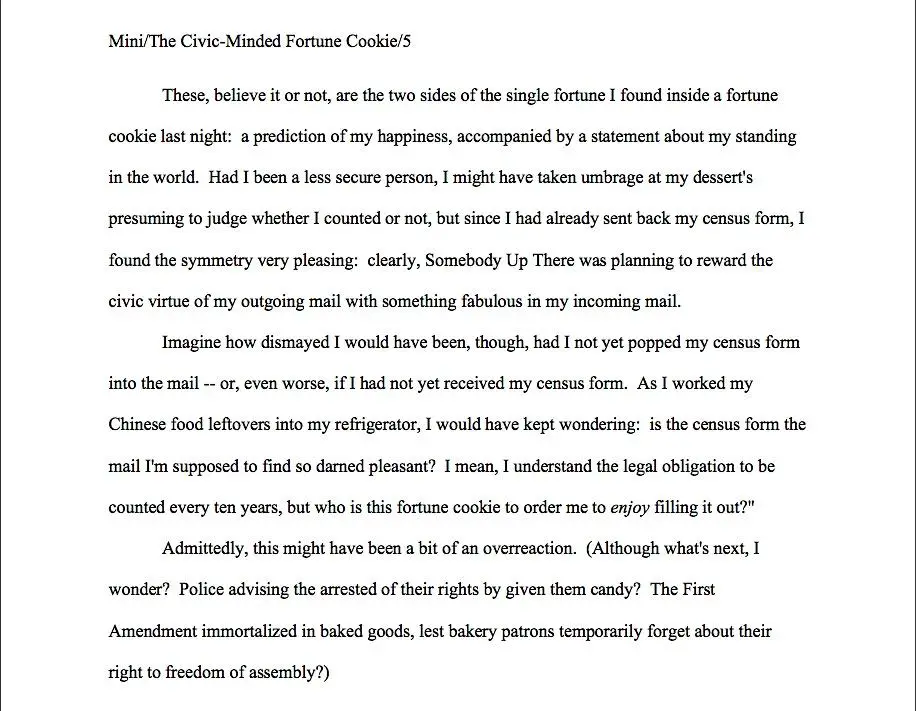
The Importance of Trying Again
Every person has a unique way of learning and growing. For some, it’s through smooth sailing and straightforward successes. For others, it’s through turbulent waters and repeated attempts. If you’re part of the latter group, you’re not alone. There’s a certain charm in being able to laugh at yourself, to acknowledge your mistakes, and to keep going despite them.
Embracing a “try again” mindset doesn’t mean being stuck in a cycle of failure. Rather, it means being brave enough to take risks, to experiment, and to explore different paths. Here are a few reasons why this mindset is so valuable:
- It helps you develop resilience and perseverance in the face of obstacles.
- It encourages creative problem-solving and thinking outside the box.
- It reminds you that mistakes are a natural part of the learning process and that they’re not something to be feared or ashamed of.
| Lessons Learned from Trying Again |
|---|
| Patience: that Rome wasn’t built in a day, and neither is success. |
| Empathy: that everyone makes mistakes, and it’s okay to not be perfect. |

Embracing Imperfections in Our Heroes
Perfectly crafted heroes have been a staple in literature and media for centuries. However, these flawless individuals often seem more like caricatures than actual human beings. Where are the heroes who trip over their own feet, who struggle with everyday tasks, or who have a hard time making decisions? These imperfections are what make us more relatable and interesting.
Imagine a hero who is recklessly brave, charging into battle with a sword in hand, but also has trouble tying their shoelaces or cooking ramen noodles. These little details make their heroism even more impactful because it shows they’re not invincible. They have weaknesses just like us, but they persevere despite those weaknesses. We can see ourselves in their struggles, making them more inspiring to us.
| Imperfect Hero Traits | Examples |
|---|---|
| Quirky Physical Attributes |
|
| Struggling Skills |
|

Learning to Laugh at Mistakes
Embracing Imperfections
, especially those that are made in public, can be quite challenging. But what if we were to shift our perspective and turn those mistakes into opportunities for growth and laughter? Let’s explore a few ways to do so:
- Reframe the moment: Instead of beating yourself up over a silly mistake, try to see the humor in it. Laughing at yourself can be quite liberating!
- Practice self-compassion: Be kind to yourself and acknowledge that everyone makes mistakes. Remember, it’s okay not to be perfect.
- Find the lesson: Learn from your mistake and use it as a stepping stone for growth. This way, you’ll be able to look back and chuckle at the experience.
| Mistake | Lesson Learned | Laughter Quotient |
|---|---|---|
| Tripping on the sidewalk | Pay attention to where I’m walking! | 😆 8/10 |
| Spilling coffee on my shirt | Coffee cups have lids for a reason! | 😂 9/10 |
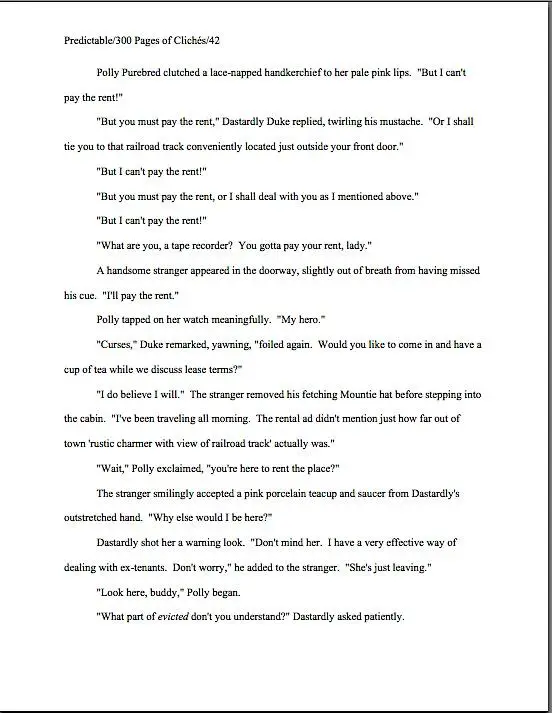
Self Acceptance in Times of Struggle
In the midst of turmoil, it’s easy to lose ourselves in the chaos. We question our decisions, our actions, and our very existence. But what if we told you that the key to weathering the storm lies not in changing who we are, but in embracing our true selves? Our strengths, our weaknesses, and yes, even our flaws.
When we accept ourselves, we open the door to a world of possibilities. We begin to see our mistakes as opportunities for growth, our failures as stepping stones to success.
- We learn to love our quirks and laugh at our clumsiness.
- We find solace in our uniqueness and celebrate our individuality.
- We start to trust our instincts and listen to our inner voice.
Consider the following self-acceptance checklist:
| Embracing Flaws | Practicing Self-Care |
|---|---|
| I acknowledge my imperfections without judgment. | I prioritize activities that nourish my mind, body, and soul. |
| I focus on progress, not perfection. | I express gratitude for my strengths and accomplishments. |
| I practice forgiveness when I make mistakes. | I engage in activities that bring me joy and happiness. |
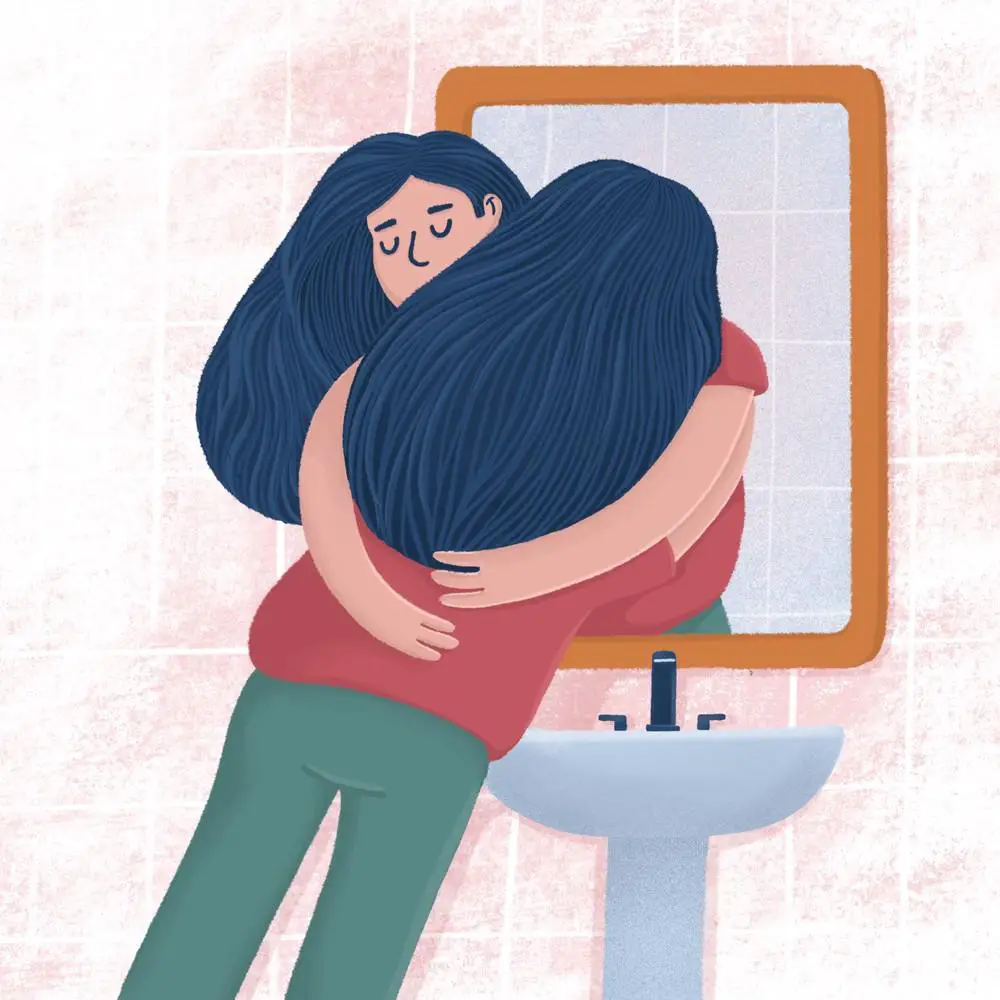
Finding Courage in Our Flaws
The Beauty of Imperfection
As I reflect on my life, I am reminded of the countless times I have tripped over my own feet, both literally and figuratively. These imperfect moments have become an integral part of my journey, reminding me that nobody is flawless. We all have our quirks and flaws, and it’s precisely these imperfections that make us unique. Just as a pearl is formed around an irritant in an oyster, our flaws can be transformed into something beautiful and valuable.
By embracing our imperfections, we open ourselves to growth, learning, and connection with others. Let’s consider the benefits of accepting our flaws:
- : We become more relatable and human, enabling others to connect with us on a deeper level.
- : By embracing our imperfections, we embody our true selves, rather than trying to present a polished facade.
- Freedom: We are no longer bound by the pressure of being perfect, allowing us to live more freely and authentically.
| What I’ve Learned from Embracing My Flaws |
|---|
| I am stronger than I thought. |
| I can laugh at myself. |
| I am not alone in my imperfections. |
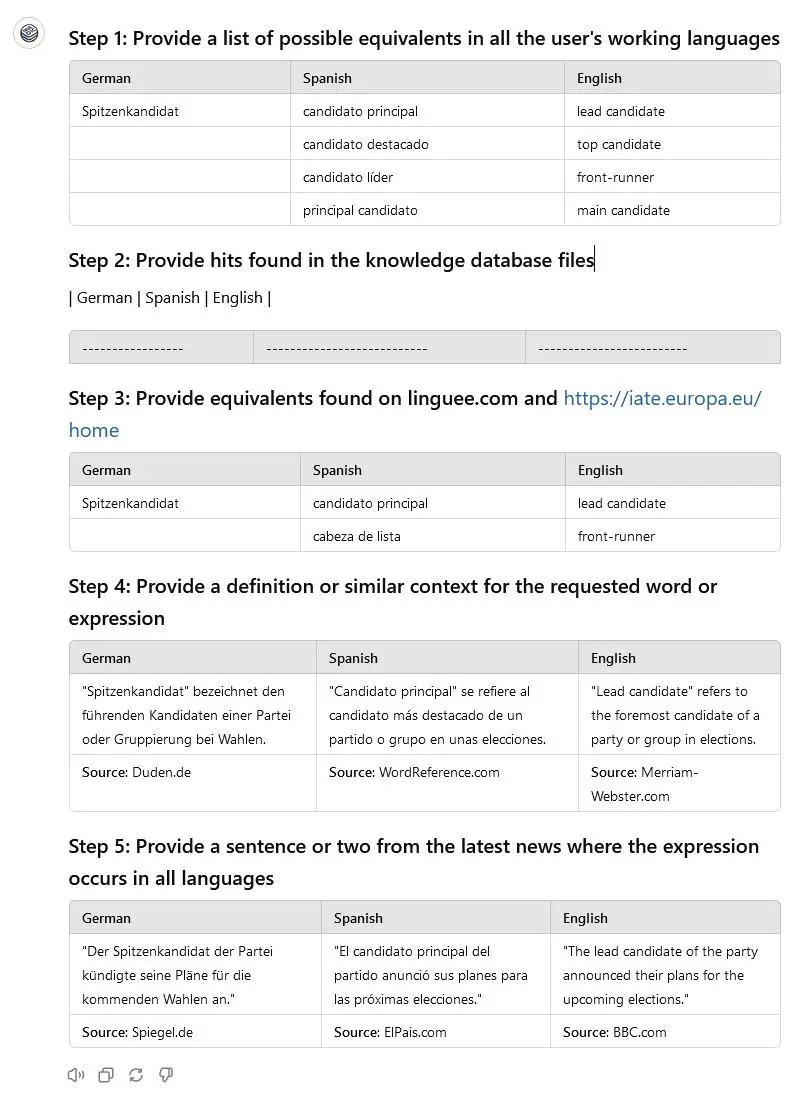
Discovering Inner Strength
Gloria was never the most coordinated person. She would trip over her own feet, spill coffee on her shirt, and knock over chairs without even realizing it. It was as if her body and brain were not on speaking terms, and the rest of the world suffered the consequences. But despite her clumsiness, Gloria had a sparkle in her eye, a fire in her belly that kept her going even when the world seemed to be against her.
One day, Gloria realized that her clumsiness was not just a physical trait, but also a metaphor for her inner life. She was constantly tripping over her own doubts and fears, spilling her emotions all over the place, and knocking over her own sense of self-worth. But she also discovered that she had the power to get back up, to dust herself off, and to keep moving forward. Here are some of the lessons Gloria learned on her journey:
- Embracing imperfection: Gloria learned to accept that she would never be perfect, and that it was okay to make mistakes.
- Finding her inner anchor: Gloria discovered that she had a deep well of inner strength that kept her grounded, even when the world around her was chaotic.
- Learning to laugh at herself: Gloria learned to laugh at her own clumsiness, and not to take herself too seriously.
| SELF-CARE TIPS FOR CLUMSY PEOPLE | DESCRIPTION |
|---|---|
| Taking breaks | Giving yourself permission to rest and recharge when you need it. |
| Practicing mindfulness | Paying attention to your body and surroundings to avoid accidents. |
| Wearing comfortable shoes | Cutting down on tripping hazards by wearing shoes that are supportive and comfortable. |
Gloria’s journey was not about becoming more coordinated or perfect, but about embracing her imperfections and finding her inner strength. And as she did, she discovered that her clumsiness was not a liability, but a reminder to stay present, to laugh at herself, and to keep moving forward.

Relying on Good Friends for Support
Gloria’s accident-prone nature had become a constant in her life, and she’d grown accustomed to the sympathetic ear of her friends. But it was in those moments, when she was picking herself up from her latest mishap, that their support was invaluable. They were the ones who helped her brush off the embarrassment, who listened as she replayed the details of her fall, and who reassured her that she wasn’t as clumsy as she felt.
| What Friends Provide | Benefits |
|---|---|
| Emotional Support | Helps you deal with stress, anxiety, and feelings of inadequacy |
| Practical Help | Assistance with daily tasks, errands, and other responsibilities |
| Encouragement | Motivates you to keep going, even when you’re feeling discouraged |
Surrounded by friends who genuinely cared, Gloria learned to accept herself for who she was – accidents and all. Her friends didn’t try to change her or lecture her on safety precautions; instead, they accepted her quirks and flaws, and offered a supportive ear whenever she needed it. In their company, Gloria felt a sense of freedom to be herself, without fear of judgment or rejection.
- They shared their own stories of mishaps and misadventures, reminding her that everyone has their own quirks and imperfections.
- They helped her see the humor in her situations, and encouraged her to laugh at herself.
- They offered words of encouragement, reminding her that she’s not defined by her clumsiness.
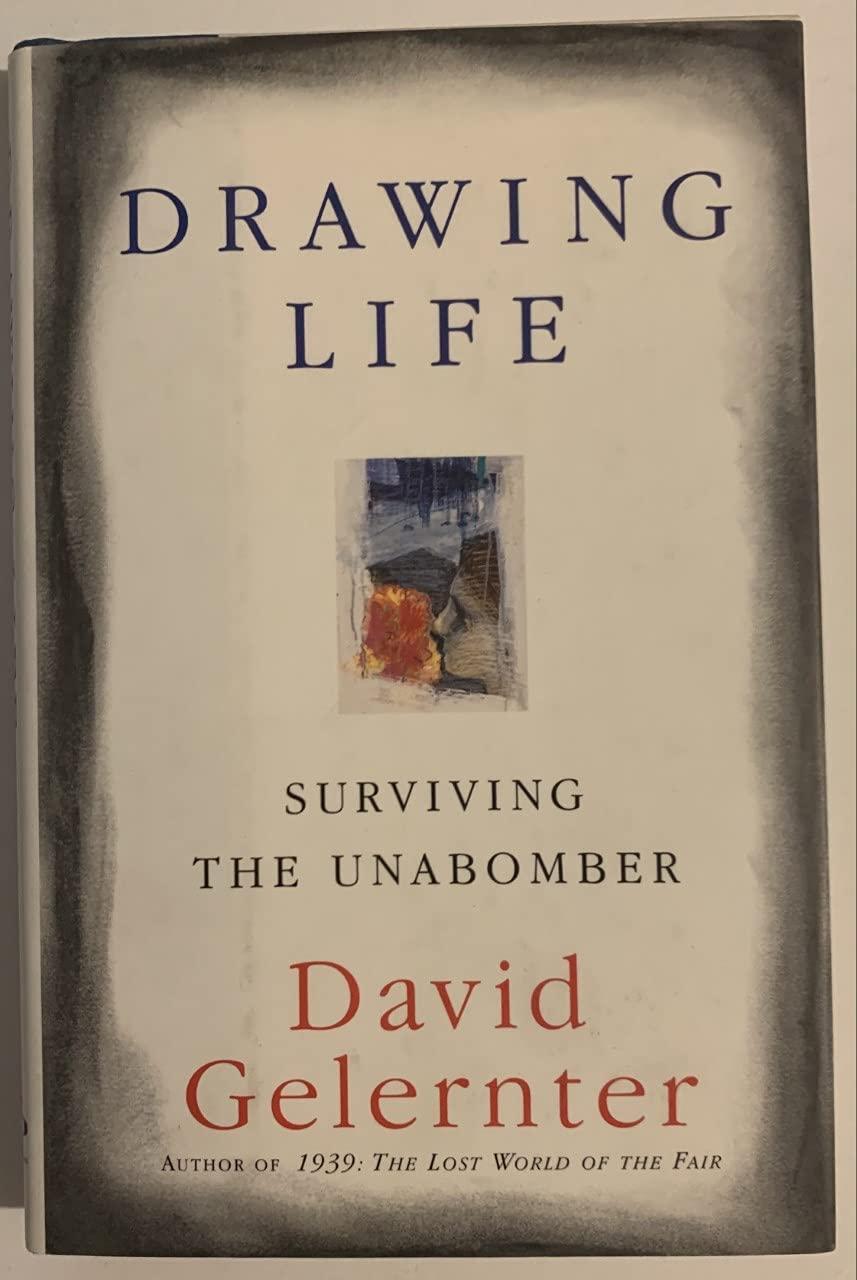
Making Amends When We Slip Up
We’ve all been there - missing a crucial step, knocking over a vase, or blurting out something we didn’t mean to. As the lovable but hapless Gloria, we often find ourselves in sticky situations, and making amends is an art we must master. When we slip up, it’s not about beating ourselves up over it, but about taking responsibility and finding a way to make things right.
So, what can we do when we’ve messed up? Here are a few strategies that might help:
- Apologize sincerely: Sorry is not just a word; it’s an attitude. When we apologize, we’re not just speaking words; we’re showing that we’re committed to making things right.
- Listen actively: Sometimes, the best way to fix things is to listen to the other person. What are their concerns? What can we do to address them?
- Offer to make it up**: Whether it’s fixing something we broke or making amends in a more creative way, offering to make it up shows that we’re committed to repairing the damage.
Let’s take a look at how we can put these strategies into practice:
| The Slip-Up | The Fix |
| Missing a friend’s birthday | Plan a belated birthday celebration or send a thoughtful gift |
| Saying something hurtful to someone | Have an open conversation to clear the air and work towards a resolution |
| Breaking something valuable | Offer to replace or fix the item, or offer to help with the costs |
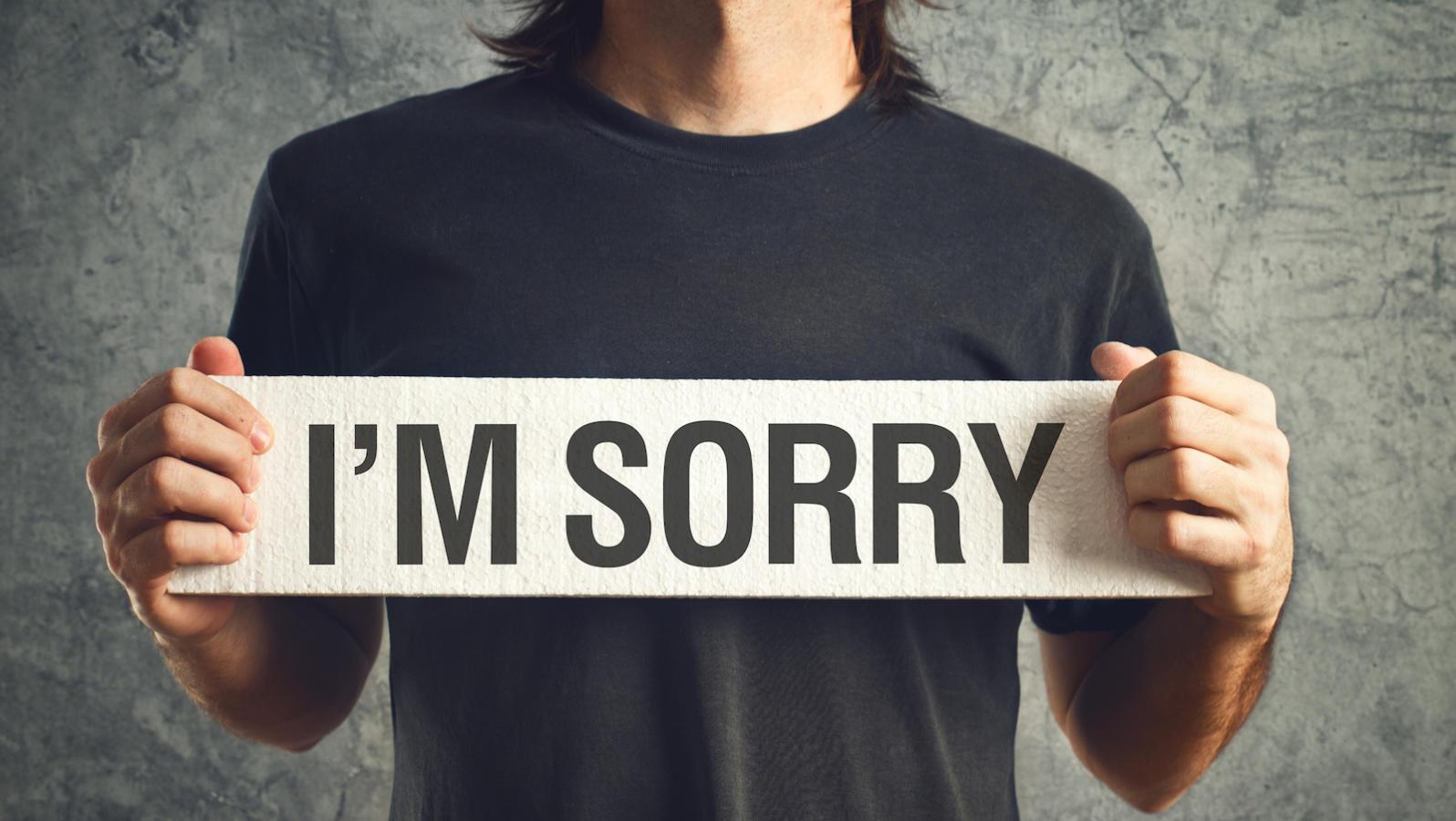
Overcoming Self Consciousness with Confidence
Let’s face it – feeling self-conscious can be a major confidence killer. Whether it’s tripping over your own feet or spilling coffee all over your shirt, those little mishaps can make you want to crawl under a rock and hide. But what if we told you there’s a way to overcome that self-consciousness and own your awkwardness with confidence?
It all starts with changing your mindset. Instead of beating yourself up over every little mistake, try to laugh it off and move on. Remember, everyone makes mistakes – even the people who seem like they have it all together. Here are a few things to keep in mind:
Embracing your quirks – Those little things that make you different? They’re also what make you interesting.Focusing on what you can control – Instead of worrying about what others think, focus on what you can control – your own actions and reactions.Practicing self-compassion – Treat yourself with kindness, even when you make mistakes. You’re human, after all!
| Take a deep breath and remind yourself that everyone makes mistakes. | Beat yourself up over it – it’s not worth your time or energy. |
| Focus on what’s going right in your life. | Get caught up in negative self-talk – it’s a slippery slope. |
| Smile and laugh it off – it can help break the tension. | Take it too seriously – it’s just a small blip on the radar of life. |
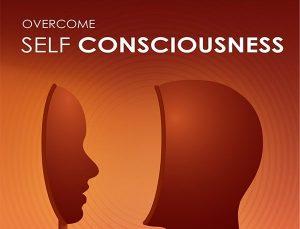
Learning from Our Slip Ups
As imperfect human beings, we’ve all had our fair share of mishaps. From accidentally knocking over a cup of coffee to tripping on the sidewalk, these little slip-ups often leave us feeling embarrassed and frustrated. But what if we told you that these minor mistakes could actually be valuable learning opportunities in disguise?
Noticing our recurring patterns of behavior can be a great way to gain insight into our thought processes and identify areas where we might need to work on our self-awareness. For instance, if you find yourself frequently burning your toast, it might indicate that you’re moving too quickly in your daily routine and need to slow down. Here are some common patterns and what they might be trying to tell you:
| Pattern | Possible Meaning |
| Accidentally overspending money | Lack of self-control or a tendency to prioritize short-term gratification over long-term financial stability |
| Regularly being late | Tendency to procrastinate or inadequate time management |
| Making careless mistakes in work or school | Fatigue, lack of focus, or inadequate preparation |
- Embracing our mistakes as opportunities for growth rather than trying to conceal or deny them
- Practicing self-compassion and acknowledging that everyone makes mistakes
- Developing a growth mindset and being open to learning and self-improvement
And who knows, it’s possible that understanding the reasons behind our clumsiness might even give us the power to change our ways. Perhaps Gloria, our infamous clumsy friend, will learn to laugh at herself and take her slips as signs that she’s not perfect – and that’s perfectly okay!

Concluding Remarks
And so, dear friends, our tale of Clumsy Gloria comes to an end. Though she tripped and stumbled, Gloria always got back up again, her heart full of laughter and her spirit full of cheer. We’ve learned that it’s okay to make mistakes and that with a little practice and a lot of patience, we can master even the trickiest of things.
As the sun sets on Gloria’s adventures, we say goodbye to this lovable, haphazard heroine, but we know that her story will stay with us forever. For it’s not about being perfect, it’s about being brave, trying our best, and having a wonderful time along the way.
So, dear children, the next time you trip and fall, just remember: you’re not alone, and with a little bit of Gloria’s spirit, you’ll be back on your feet in no time. Until next time, stay curious, stay adventurous, and always keep on smiling!




